-
×
 Of Mice and Magic (Hamster Princess N 2)
1 × د.م. 100,00
Of Mice and Magic (Hamster Princess N 2)
1 × د.م. 100,00 -
×
 Dotcom Secrets
1 × د.م. 100,00
Dotcom Secrets
1 × د.م. 100,00 -
×
 100 Endgames You Must Know
1 × د.م. 150,00
100 Endgames You Must Know
1 × د.م. 150,00 -
×
 Convenience Store Woman
1 × د.م. 85,00
Convenience Store Woman
1 × د.م. 85,00 -
×
 An Eye for an Eye (William Warwick Novels)
1 × د.م. 130,00
An Eye for an Eye (William Warwick Novels)
1 × د.م. 130,00 -
×
 Little Red Rodent Hood (Hamster Princess N 6)
1 × د.م. 100,00
Little Red Rodent Hood (Hamster Princess N 6)
1 × د.م. 100,00 -
×
 The Sequel : A Novel
1 × د.م. 110,00
The Sequel : A Novel
1 × د.م. 110,00 -
×
 Night Life
1 × د.م. 120,00
Night Life
1 × د.م. 120,00 -
×
 The JFK Conspiracy : The Secret Plot to Kill Kennedy--And Why It Failed
1 × د.م. 110,00
The JFK Conspiracy : The Secret Plot to Kill Kennedy--And Why It Failed
1 × د.م. 110,00 -
×
 L'Ombre d'Adeline
1 × د.م. 180,00
L'Ombre d'Adeline
1 × د.م. 180,00 -
×
 كتاب قشعريرة
1 × د.م. 70,00
كتاب قشعريرة
1 × د.م. 70,00 -
×
 The Bequest
1 × د.م. 130,00
The Bequest
1 × د.م. 130,00 -
×
 Armed with Good Intentions
1 × د.م. 100,00
Armed with Good Intentions
1 × د.م. 100,00 -
×
 The Mortal Instruments Boxed Set: City of Bones; City of Ashes; City of Glass by Cassandra Clare
1 × د.م. 99,00
The Mortal Instruments Boxed Set: City of Bones; City of Ashes; City of Glass by Cassandra Clare
1 × د.م. 99,00 -
×
 Attack of the Ninja Frogs (Dragonbreath N 2)
1 × د.م. 95,00
Attack of the Ninja Frogs (Dragonbreath N 2)
1 × د.م. 95,00 -
×
 The Butcher Game : A Dr. Wren Muller Novel
1 × د.م. 120,00
The Butcher Game : A Dr. Wren Muller Novel
1 × د.م. 120,00 -
×
 The Subtle Art of Not Giving a F*ck
1 × د.م. 95,00
The Subtle Art of Not Giving a F*ck
1 × د.م. 95,00
Subtotal: د.م. 1.894,00





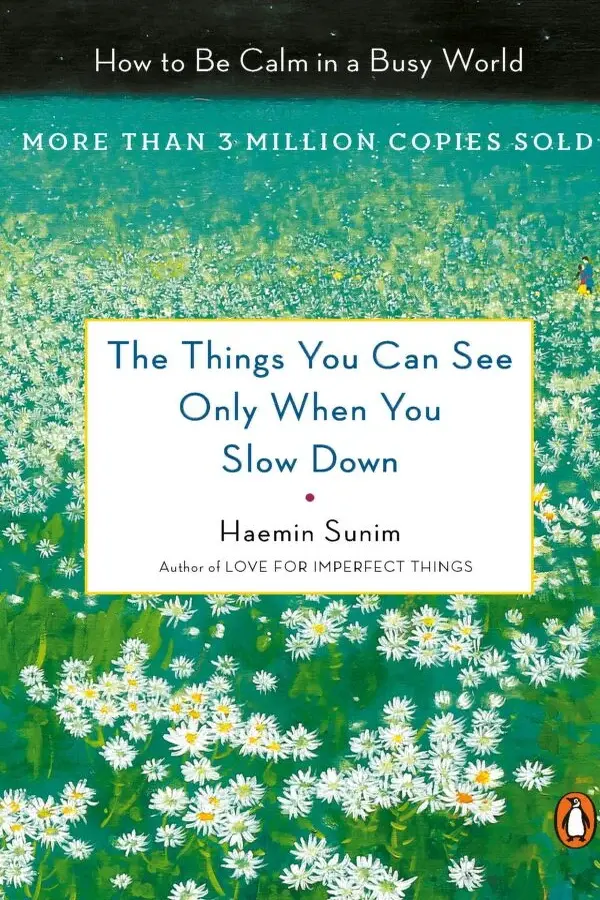





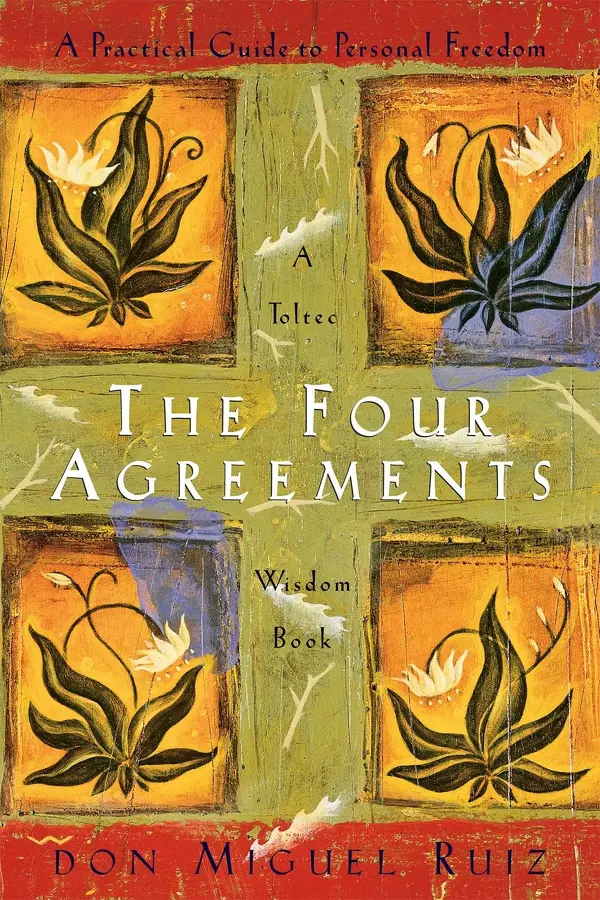


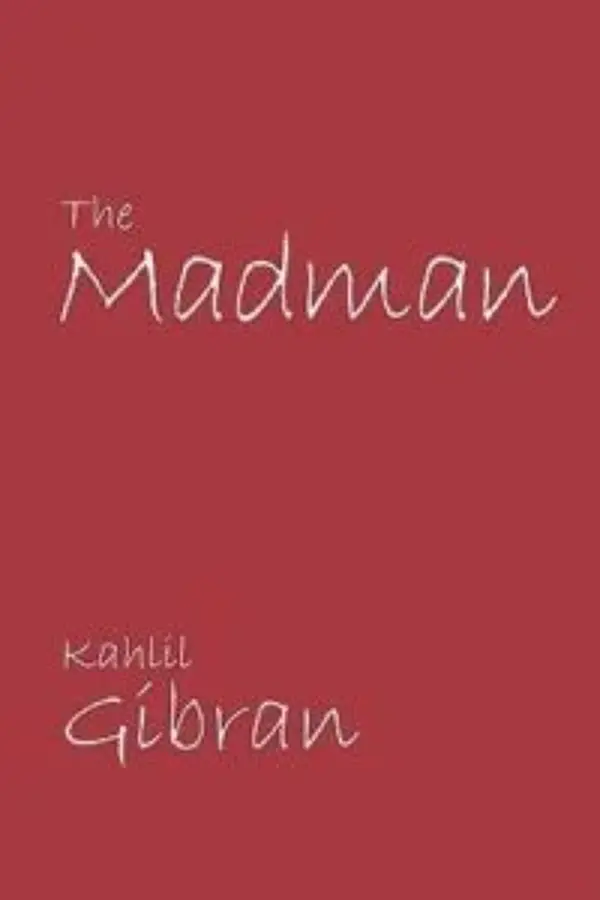





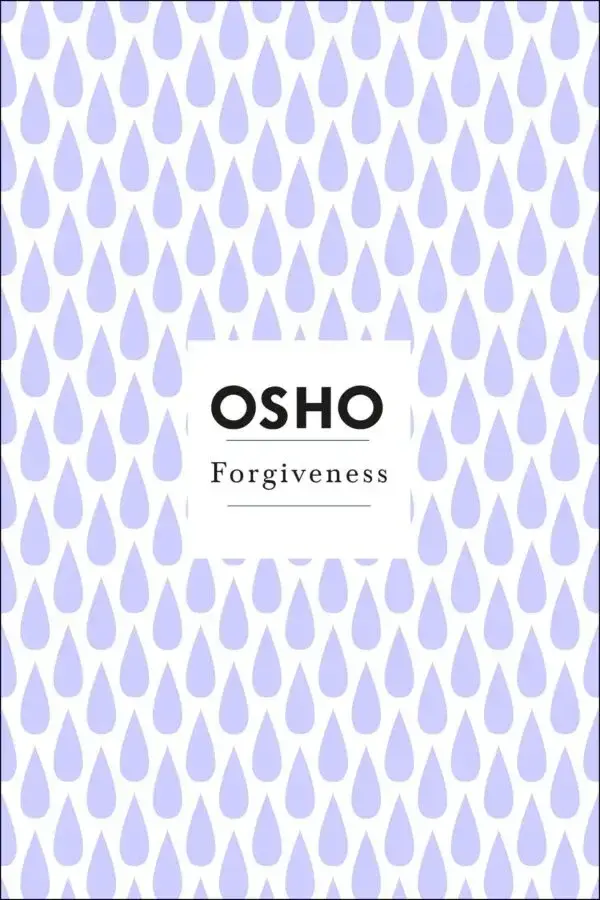

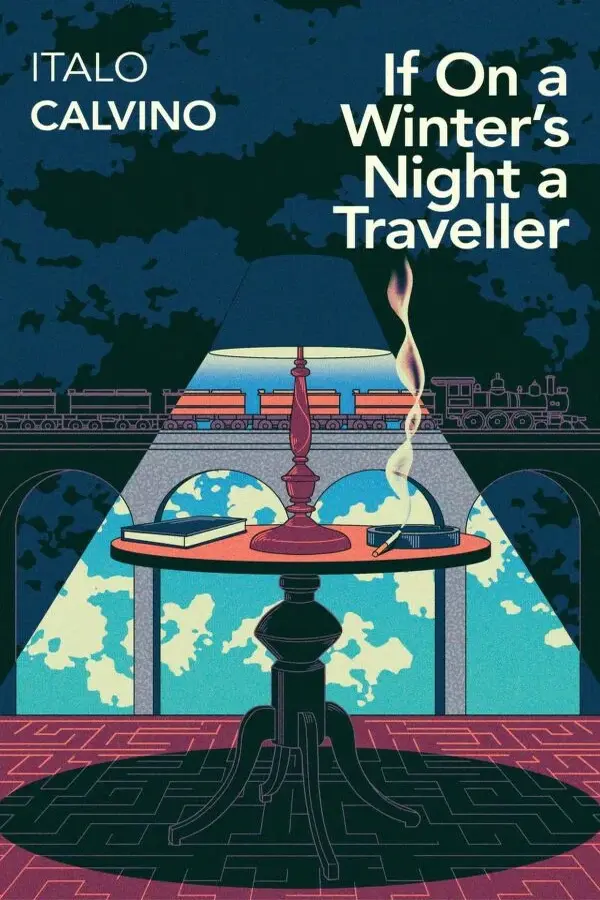


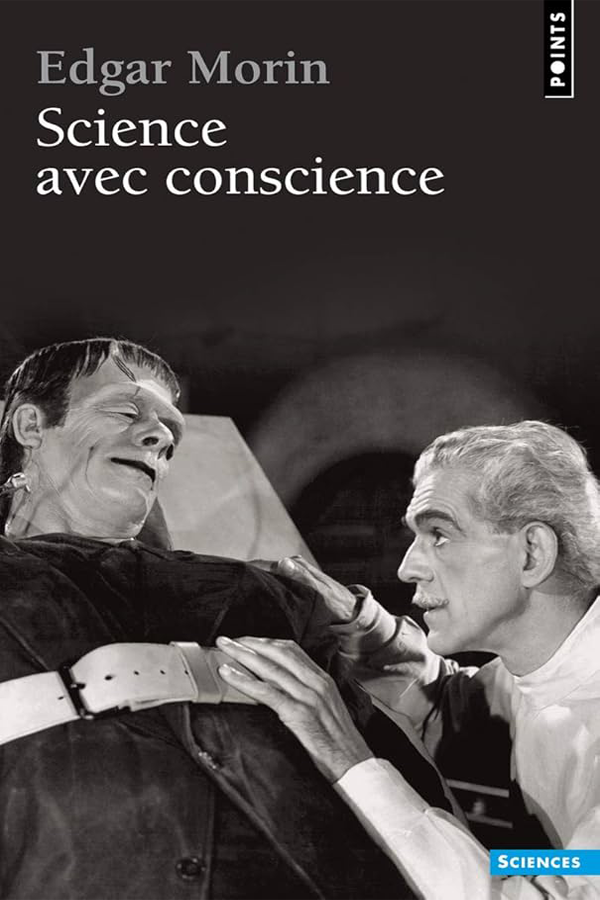

Reviews
There are no reviews yet.